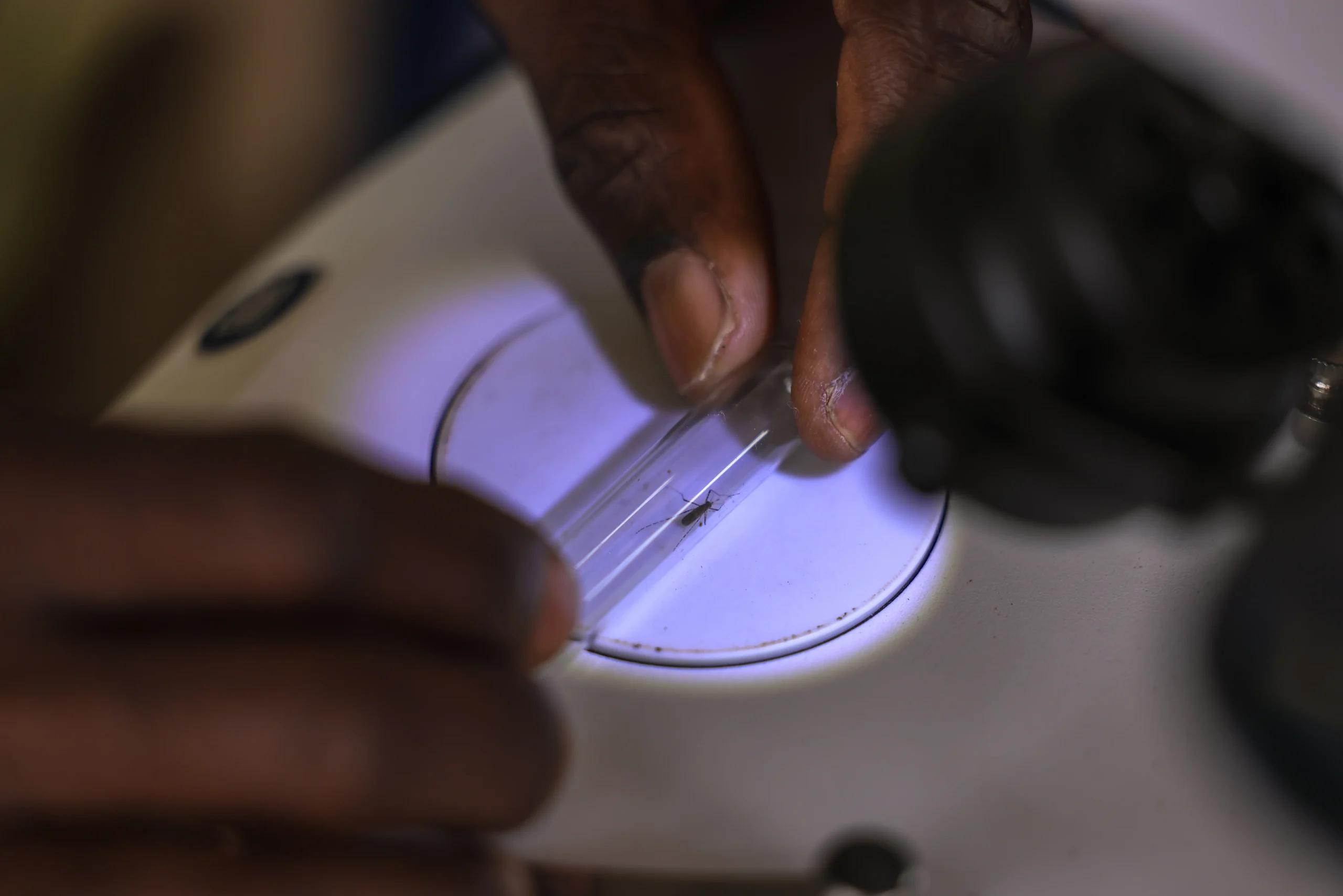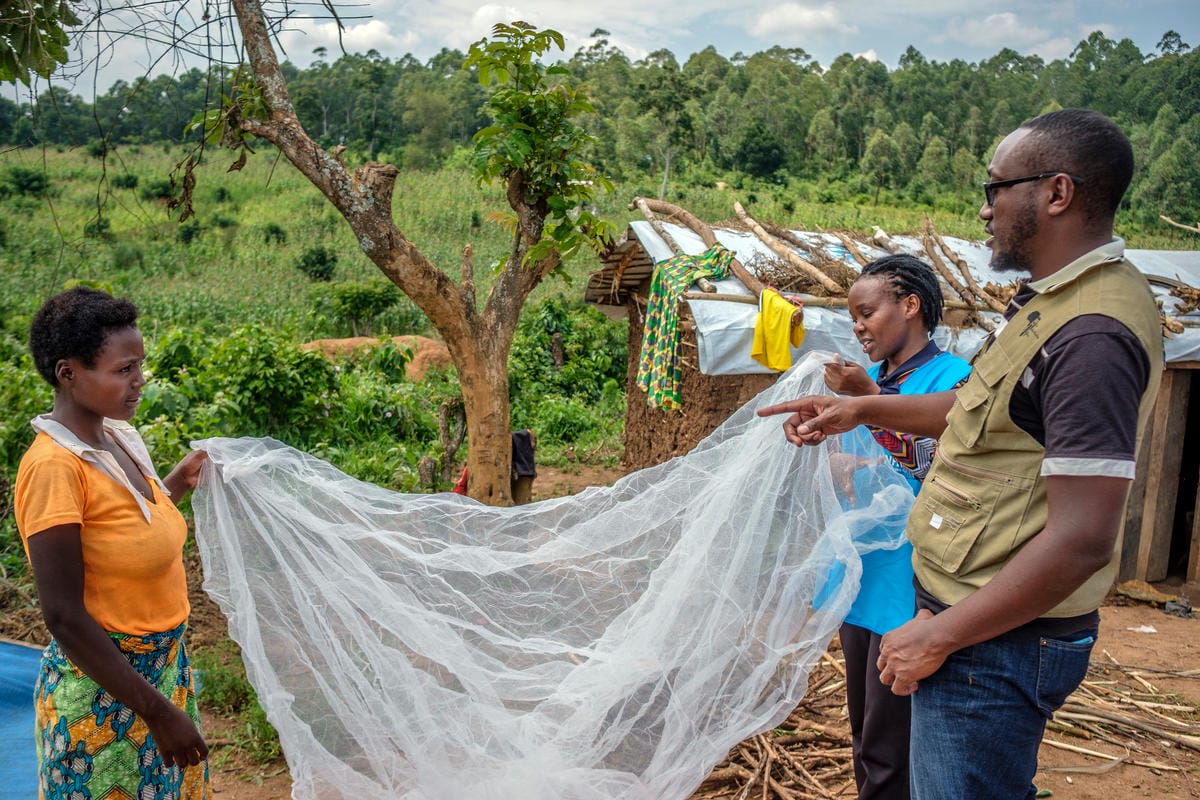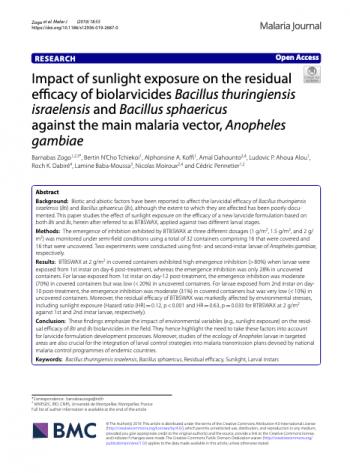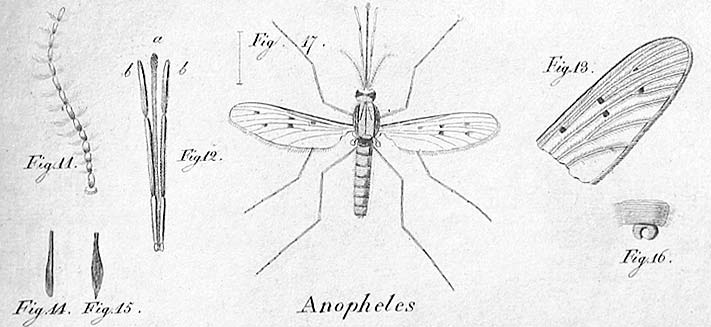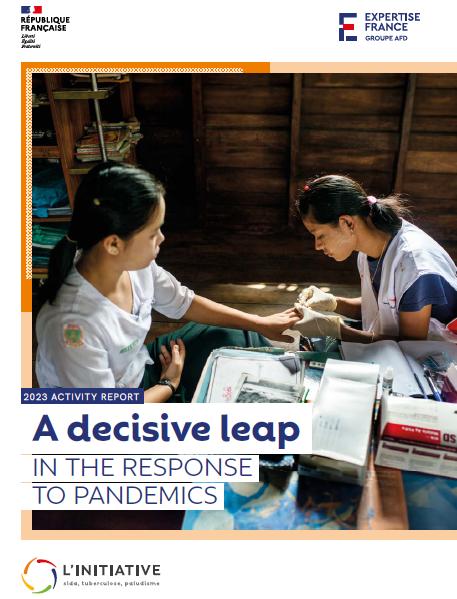Climate change and malaria: how to prepare for the radical reconfiguration of the epidemic?
26 April 2024
Temperature and rainfall variations caused by climate change are redefining the boundaries of endemic malaria zones. Local factors, the immunity of infected individuals, population movements, and parasite resistance to drugs are crucial for understanding the potential impact of climate change on malaria epidemiology.
In response to climate change, L’Initiative contributes to strengthening the capacity of entomologists in regions exposed to climate change and supports the deployment of strategies to monitor the evolution of the disease. Such challenges addressed within the framework of the One Health approach, which links human, animal, and plant health.
